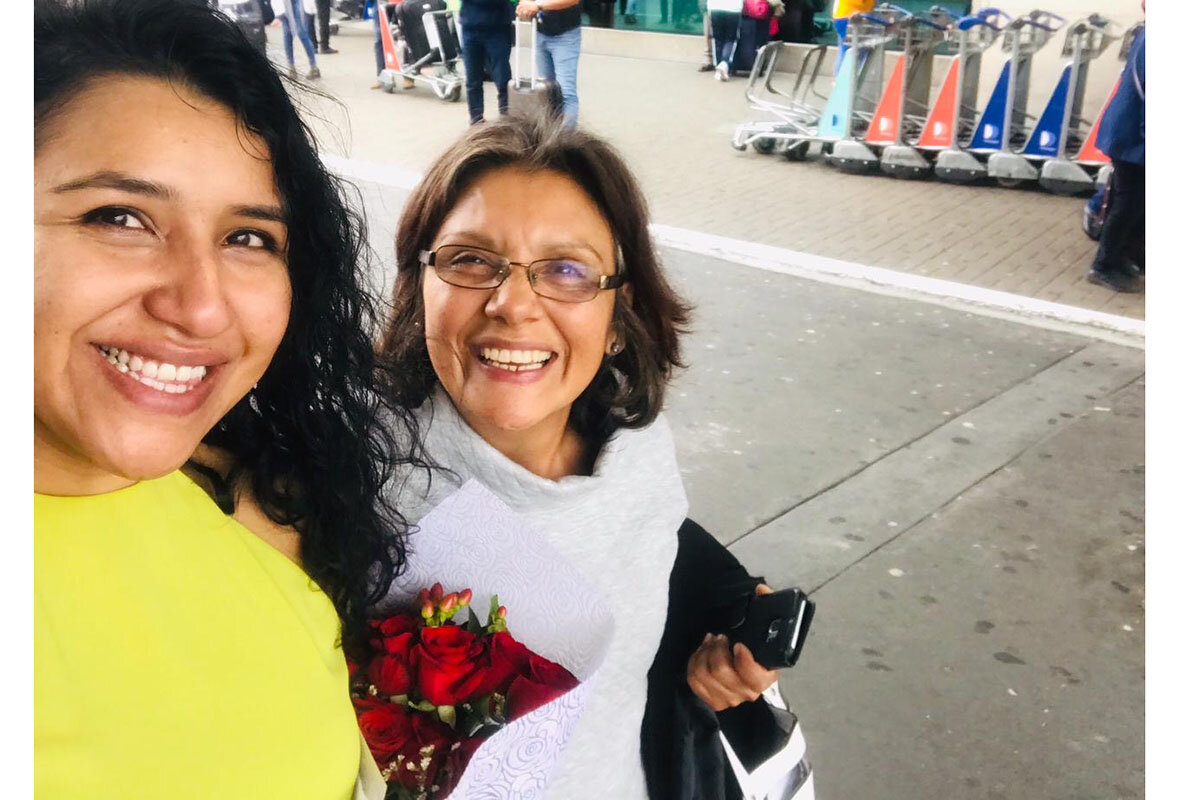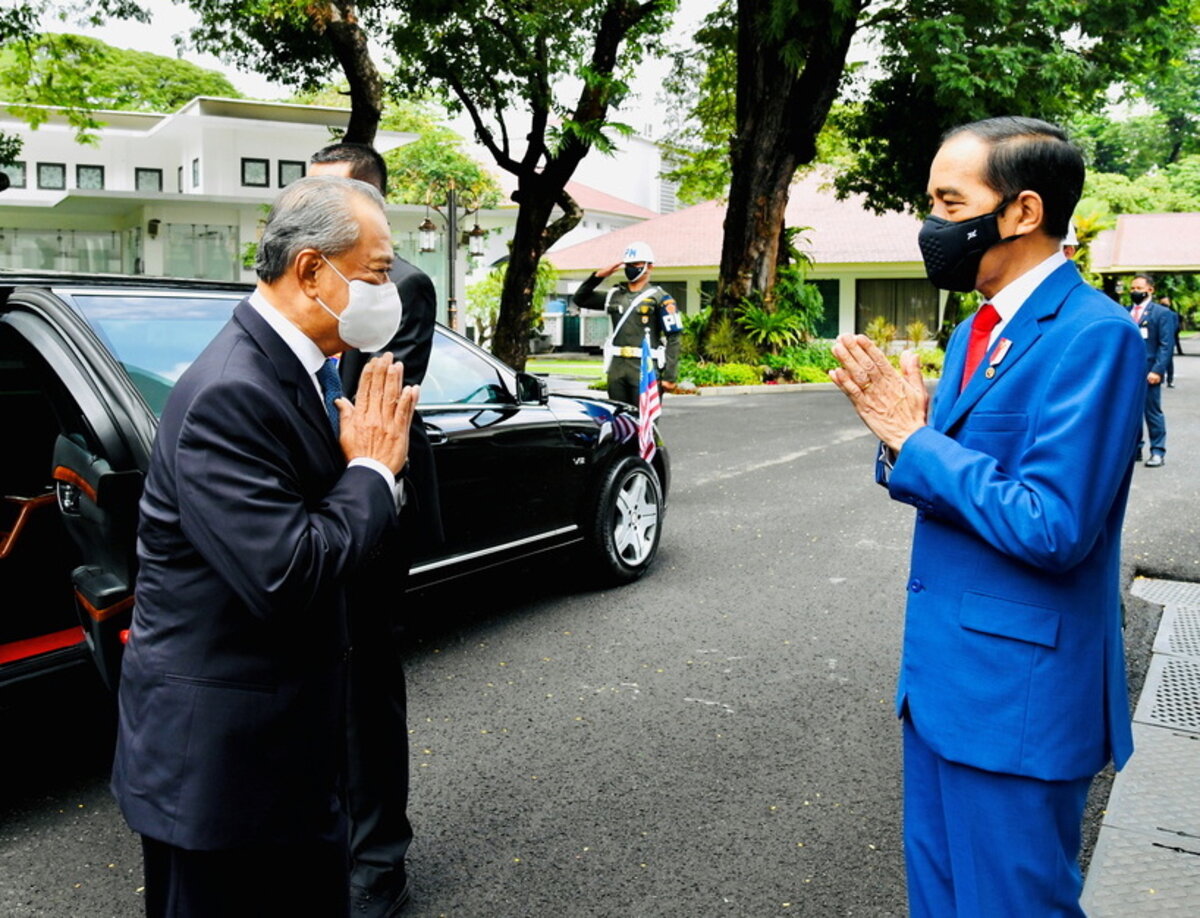The American Dream is founded on the promise of opportunity and success. But some so-called Dreamers who were brought as minors to the U.S. are finding opportunity and success only by leaving.
Monitor Daily Podcast
- Follow us:
- Apple Podcasts
- Spotify
- RSS Feed
- Download
 Mark Sappenfield
Mark Sappenfield
Who invented numbers? Of course, that’s not a real question. No one invented the number 43. But someone did invent how we write it, and that story is getting a little more attention, partly because it isn’t so well known in the West.
This year is the 850th anniversary of the Italian mathematician Fibonacci, but arguably his greatest contribution to Western mathematics was his use of a numbering system and mathematical concepts he brought back from a visit to the Arab world.
In Fibonacci’s day, the West was still laboring with Roman numerals, which made advanced mathematics excessively cumbersome. But there was a different way. A library in Baghdad known as the House of Wisdom was “the birthplace of mathematical concepts as transformative as the common zero and our modern-day ‘Arabic’ numerals,” the BBC writes. One of its head librarians, Al-Khwarizmi, pioneered algebra, and his work captivated Fibonacci. (The word “algorithm” comes from his name.)
At a time when the West is digging deeper into the extraordinary discoveries of other cultures – and how they can be often overlooked – the House of Wisdom is a towering human achievement. The BBC adds: “The discoveries made there introduced a powerful, abstract mathematical language that would later be adopted by the Islamic empire, Europe, and ultimately, the entire world.”










